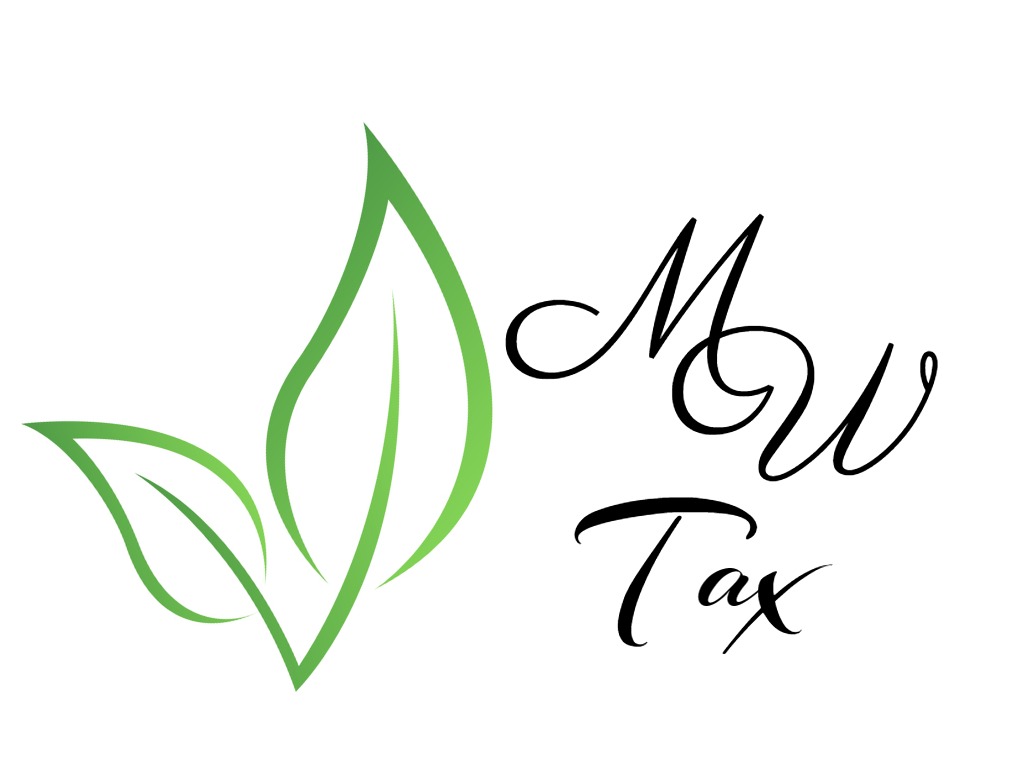A trust or “settlement” is created when a person called The “Settlor” transfers assets to the Trustees who thereafter hold the property “on trust” on behalf of a class of nominated persons called the beneficiaries.
The trustees have a fiduciary duty to manage and regulate the enjoyment of the trust property by the beneficiaries. The trustees therefore have legal ownership of the trust assets although beneficial ownership remains with the beneficiaries.
There are various types of trusts however the more common types are Discretionary Trusts and Interest In Possession (IIP) or Life Interest Trusts.
In general terms a discretionary trust enables the trustees to use and distribute the income and capital of the trust entirely at their discretion and therefore offers the most flexibility.
Under the terms of an IIP trust, the trustees have no power to accumulate the income within the trust and must distribute the income to the nominated beneficiaries.
Although there have been many significant changes to the taxation of trusts in recent years, there are still some advantages of holding assets in trust including inheritance tax advantages, succession planning for trust property or protection for younger beneficiaries.
There are however certain compliance obligations that come with setting up a trust:
Most trusts are required to file annual trust returns to the Revenue. There are a few exceptions, however, these will by far fall into the minority category. Failure to do so will result in interest and penalties being charged.
If distributions have been made to the beneficiaries, the trustees must provide the beneficiaries with a form R185, in order for them to correctly prepare and submit their own self-assessment tax returns.
Trusts are also subject to Inheritance Tax charges, such as Principle and Exit charges, at certain chargeable events and are therefore required to make additional filings to report these events and pay any tax due.
Trust Compliance Service:
- Registering your trust with HM Revenue and Customs.
- Preparing and submitting your trust return to HM Revenue and Customs and preparing forms R185.
- Calculating and advising on subsequent tax liabilities or refunds due.
- Calculating and advising on trust pools.
- Analysing and optimising the use of trust management expenses.
- Preparing and submitting self-assessment tax returns for the relevant beneficiaries and advising on any tax liabilities or repayments due.
FAQ’s
What is the due date for trust returns?
The UK tax year runs from 6 April and ends on 5 April of the following year. Trust returns are due on the 31 January following the end of the tax year.
What is a form R185’s?
A form R185 is a statement of income from trust. It’s used to inform beneficiaries of the amounts paid or entitlements to income from a trust. The beneficiaries will use the form to complete their own self-assessment tax returns or to claim a refund.
What are the trust rates of tax?
The rates of tax depend on the type of trust that you are dealing with. IIP trusts pay tax at the basic and dividend ordinary rate of 20% on interest and rental income and 7.5% on dividends.
Trustees of an IIP are not entitled to a Personal Savings Allowance or Dividend Allowance and the trustees cannot claim a deduction for any trust management expenses.
Discretionary trusts pay tax at the “Rates Applicable to Trusts” on accumulated or discretionary income.This is charged at a flat rate of 45% for savings and non savings income and 38.1% for dividends.
Trustees are not entitled to a Personal Savings Allowance or Dividend Allowance but relief is available for some trust management expenses incurred.
Its important to note that the rates applicable to trusts of 45% & 38.1% do not apply to the first £1,000 of income. Instead such income is taxed at the basic rate or the dividend ordinary rate of 20% or 7.5% respectively, depending on the type of income that you are dealing with.
What are trust management expenses?
These are genuine management expenses that can be deducted from the gross income of the trust.
They are set against dividend income in priority to other sources of income. If there is insufficient income to meet the management expenses then they are set again interest then non-savings income.
When deducting trust management expenses, these must first be grossed up at appropriate rate of tax, in the income tax computation.
What are Trust Pools?
This is a running total of the tax paid by the Trustees less any tax credits that have been taken out of the pool by the beneficiaries.
HMRC use this method to ensure that any tax reclaimed by the beneficiaries of a discretionary trust, does not exceed the original amount of tax paid by the trustees.
A record of the tax pool must therefore be maintained by the trustees and sent to HMRC with along with a copy of the trust return.
If you have any question in relation to trusts or if you need help with your trust return then please request a free consultation.
